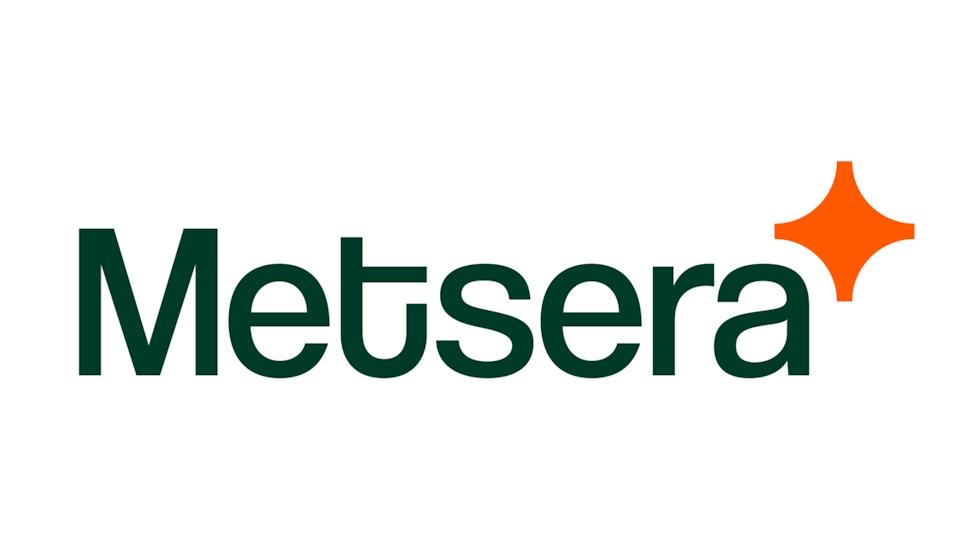Biogen pulls EU application for Alzheimer's drug Aduhelm

Biogen has given up on seeking approval for its Alzheimer's disease therapy Aduhelm in the EU, saying that discussions with EU regulators had made it clear the current data for the drug is not sufficient to get it past the EMA's Committee for Medicinal Products for Human Use (CHMP).
The decision does not come as a big surprise, given that the CHMP said in December it was unconvinced by the data submitted for the drug.
The panel said that while it was clear that Biogen was able to reduce levels of beta-amyloid in the brain, there was no clear link between this surrogate marker and clinical improvement in Alzheimer's.
It also said that the results of the two studies submitted by Biogen in support of the application "were conflicting and did not show overall that Aduhelm was effective at treating adults with early stage Alzheimer's disease."
Biogen's efforts to persuade the CHMP otherwise in the intervening months have been unsuccessful, as it has now formally turned down a request for a re-examination of its earlier decision.
In a statement, the drugmaker said "we stand by the safety of aducanumab, and we look forward to upcoming data readouts to continue to provide important information on the science of this new class of compound."
Aduhelm was approved by the FDA last year under an accelerated approval pathway, which allows a drug to be cleared on the back of surrogate endpoint data while more evidence of its efficacy on clinical endpoints is gathered.
There was immediate pushback against the approval however, and earlier this month the US Centres for Medicare and Medicaid Services (CMS) followed through on a draft decision to restrict use of the drug to patients enrolled in clinical trials – effectively limiting it to no more than a few thousand patients.
That decision – and another by the Japanese regulatory authorities not to approve the drug without more data – has meant that Biogen's already minimal sales for Aduhelm look set to continue for the foreseeable future.
The company has already been forced to take an axe to its workforce as a result, in the hope of carving $500 million a year off its expenditures, and is waiting for the outcome of a string of investigations by lawmakers and regulators into the circumstances behind Aduhelm's approval.
Biogen has now drawn up its plans for the confirmatory study that could be the key to getting Aduhelm back on track. It has submitted the protocol of the proposed ENVISION study to the FDA and is due to start screening and enrolling patients in the coming weeks, with a view to having data in 2026.
Meanwhile, Biogen's former partner for the drug – Japanese drugmaker Eisai – recently backed away from its 50:50 profit-sharing arrangement and converted the deal to a simple royalty-bearing license, reducing its commitment to fund its development going forward.
The two partners' existing alliance of follow-up amyloid-targeting drug lecanemab remains unaltered.












